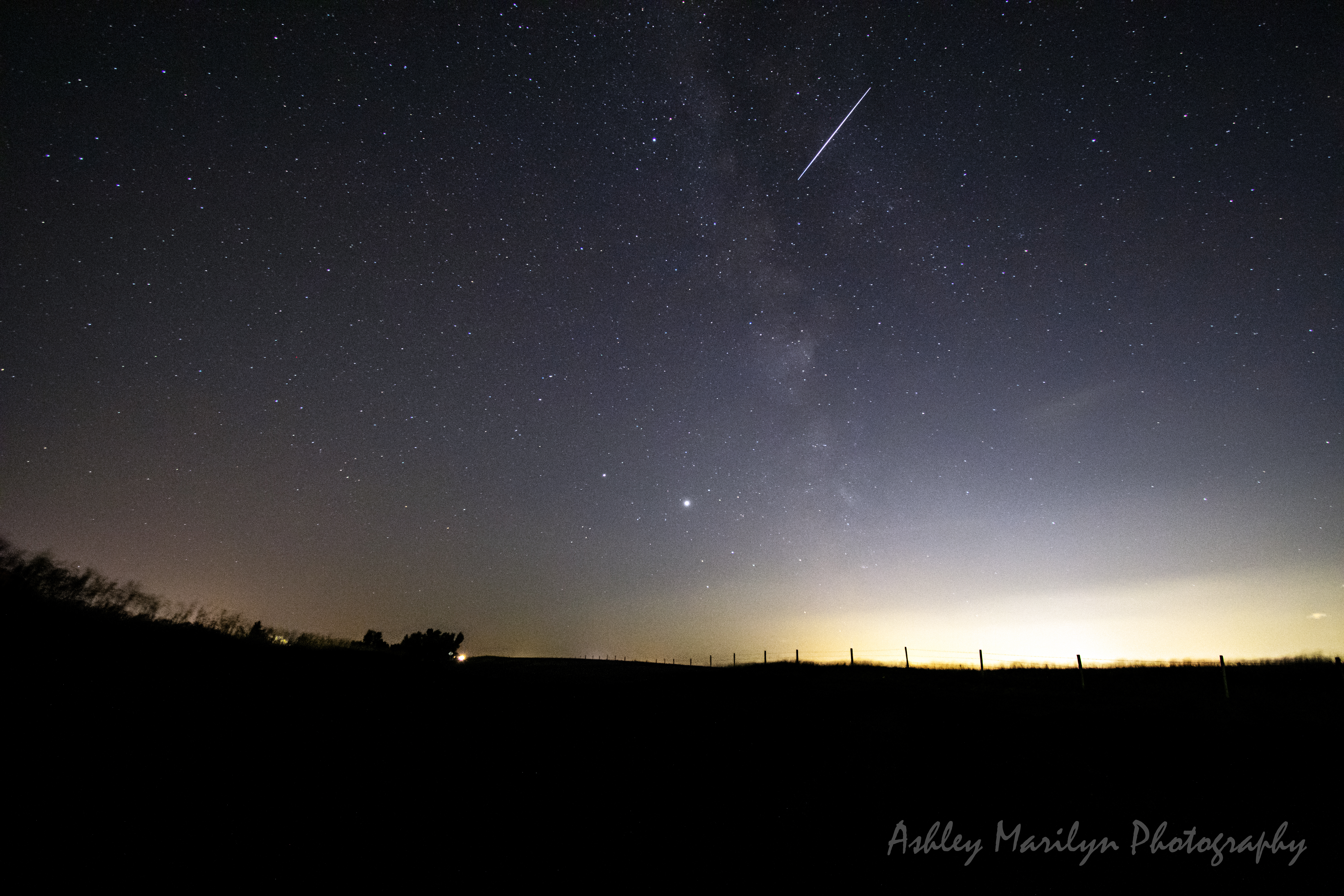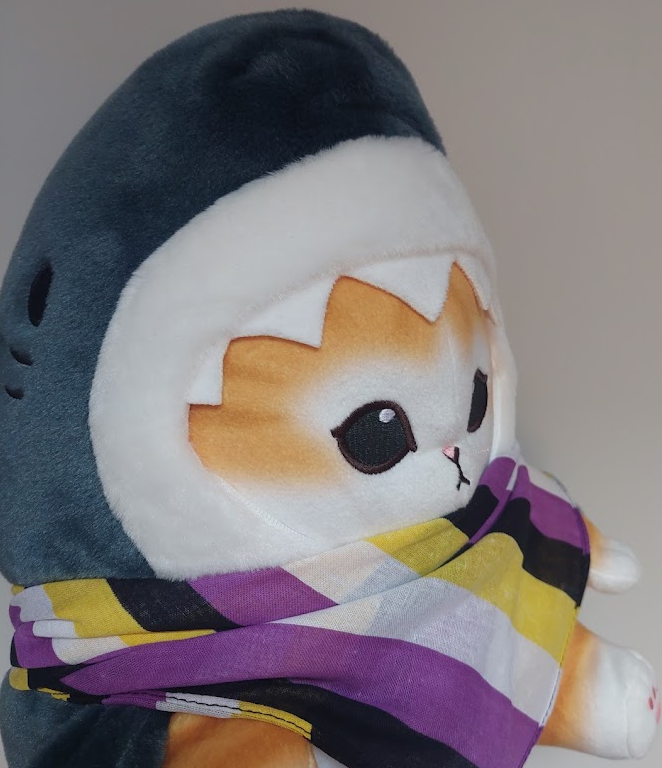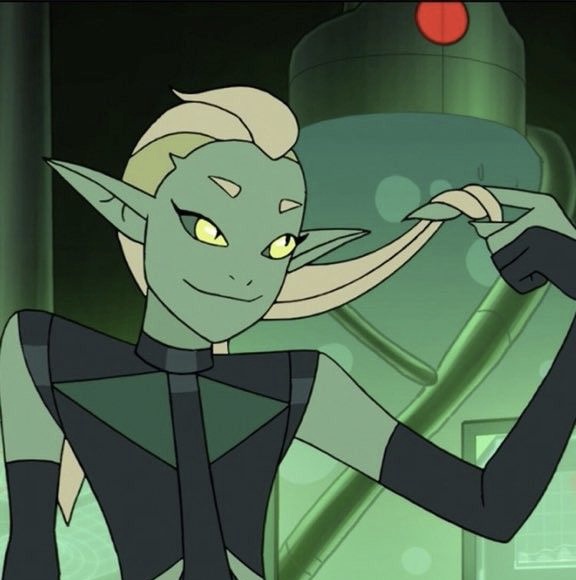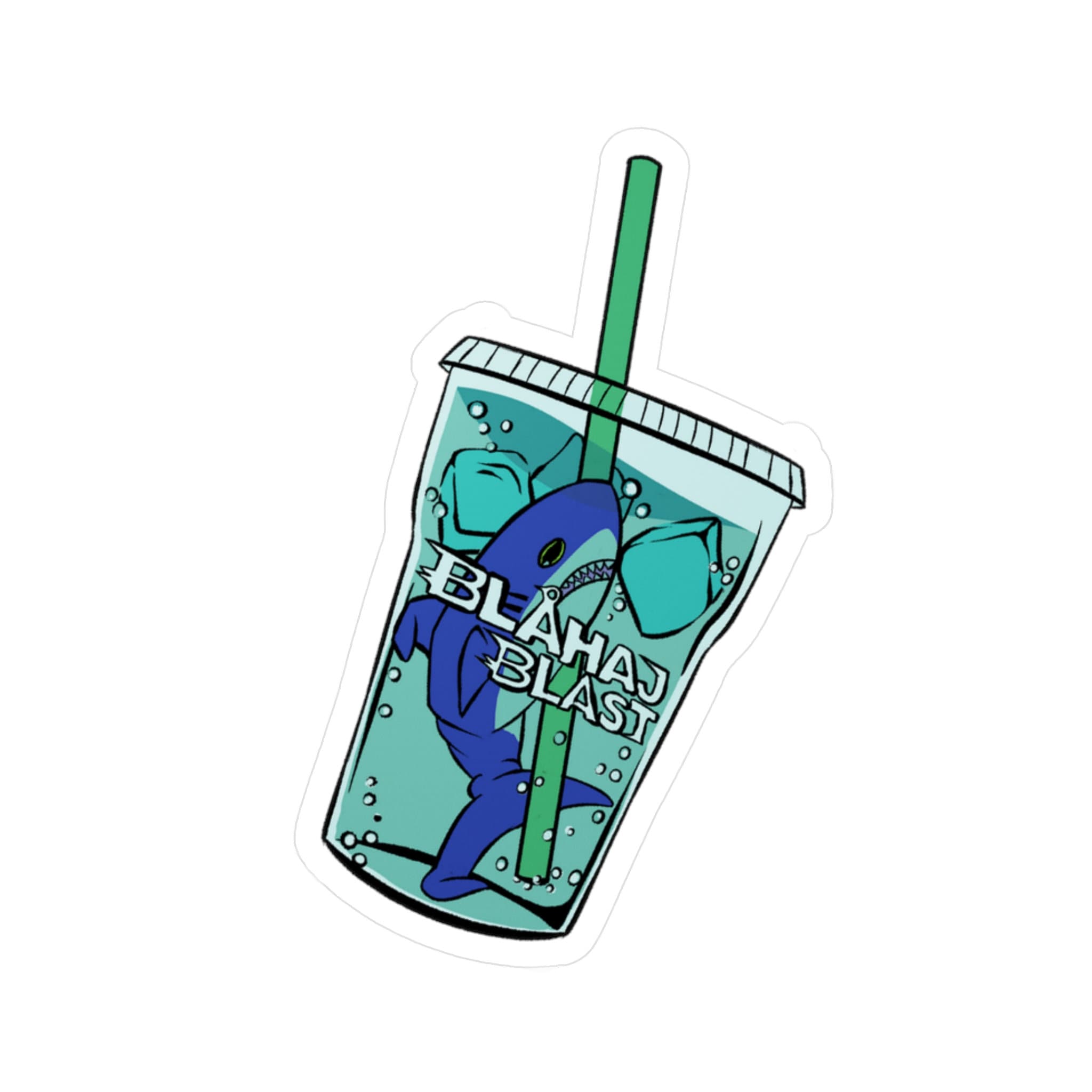How old were you when you began questioning/considering you weren’t “normal”? I’m in my 30s and almost all at once feel like I’m not sure what I am in most demensions and struggling to figure out what I feel about anything. I’ve been married, happily for a while, which adds a little to the confusion.

I felt an attraction to older men around 7 or 8, not in a sexual way but just a general attraction. At 13 had a “girlfriend” online because that was the normal thing to do. One of my other online friends was a lesbian and she explained her attraction toward women. That was my lightbulb moment that I was gay and had a specific attraction toward older men.
Of course that had a slew of problems being a teenager attracted to older men 55+. Overtime I went from bi, to gay, to hating myself, to finally accepting myself and lifting my depression at around 22. I always thought there biggest hurdle was social acceptance, it turns out, it’s self acceptance and being comfortable with who you are.
You should consider seeing a LGBTQ friendly therapist to help unpack how you’re feeling. A therapist is there to help you learn tools to self analyze.
Thankfully, I have a therapist that I believe is an ally. Thank you for your reply. It’s amazing to get so many positive replies so quickly and on a weeknight.
Normal was probably around 8, queer questioning only started in my late 20s, and I only figured out I was trans a decade on again. Still haven’t fully figured out my sexuality, but labels are tools rather than boxes.

I had my first homoerotic experiences at 18, realized I was bi and trans at 24, came out as bi at 32, as gay at 40, and trans at 42. In retrospect, I would have been much better off coming out (fully) earlier. Unfortunately, I was born into a conservative, patriarchical family and it took a long time to shed all of that awful self-loathing baggage.

I was in high school when I started to realize that I was bisexual. I started questioning around Grade 11 and 12, and then came to terms with it in my first year of university. However, it didn’t really change anything for me. I was in a long term relationship at the time, and after that one ended I very quickly ended up in another relationship which I’ve been in ever since. Both of them were “hetero” relationships.
Knowing that I’m bisexual hasn’t changed my feelings for my partner. All it has done for me is help me accept that what I’m feeling is normal, and that it’s perfectly okay to be attracted to both males and females.
The fact that you’re happily married shows you still love your spouse. Questioning your sexuality doesn’t have to change anything about your marriage. If anything, I would talk to your spouse about it and go “hey, I’ve been thinking about this a bit, and I’d like your support while I try and work through these feelings.” You can question and work through it without having to “experiment” or look for anything outside your current relationship.
And remember, being in a “hetero” relationship does not invalidate your sexuality. You don’t even have to label your sexuality if you don’t want to.
Yeah I’m definitely not looking to experiment. I feel pretty confident in my sexual preferences, but for whatever reason just started question, expression, I guess? I’m not quite sure. We’ve been married ~10 years and loving it, but somewhat suddenly, questions came up and I’m not quite sure how I feel about anything.

Do you mean expression in terms of gender? Or just more generally how you present yourself to the world?
I’m not totally sure… Maybe both? I felt somewhat uncomfortable with certain aspects of my body, on and off, as I assumed all do for a long while.
I had assumed that gender expression was about how you revealed yourself to the world, but this is all so very new to me. Newer than I would have expected.

I’m not sure if this will help you or not, but gender expression can be whatever you want it to be. How you express yourself in private can be different than how you express yourself in public, or how you express yourself to family can be different than how you express yourself to friends.
Maybe you don’t identify with any gender. Maybe you identify with your current gender but there are still some things that don’t feel right. Or maybe you identify with something else altogether. Any of these is perfectly okay.
I’d also like to point out that being uncomfortable with certain aspects of your body can be normal, but it depends on the context. For example, feeling uncomfortable because of where your body carries its weight is very different from feeling uncomfortable because it feels like part of your body doesn’t represent you accurately.
I think in this situation you’d do well to do a bit of googling. Read various sources about coming out, stories about how people realized and came to terms with their identities, and just information about questioning in general.
In my opinion, everyone should question their gender and self-identity at some point in their lives. For most people, that probably just means going “Am I comfortable being a boy/girl?” and answering it with “yes” and then going on with their lives, but for some people it might lead to deeper exploration.
Thank you so much for your help. I will definitely try to keep this in mind in all this figuring. I have a hard time expressing things in words but this has been more than helpful!

I hope you’re able to figure it all out! I wish you the best of luck.
Thank you so much. I thank fuck that I was born when I was so I can feel less alone with stuff like this.

I was in my late 20s when I learned what a-spec meant and how it applied to my life. It wasn’t til my mid 30s that I fully embraced that I’m asexual and agender. I’m now transitioning in the best non binary way, but still have no idea how to approach romance or sex until I transition.
I guess, the truth is that foundations are the same in any relationship. If they don’t respect, at the least, your sexuality or gender or romantism, then it isn’t a worthwhile relationship
I’m not sure what “a-spec” means, and my best assumption at the current time is that I am somewhere in the non-binary area, but the romantic part of the spectrum is definitely new to me as of the last couple weeks.

A-spec = Ace/Asexuality spectrum

I had a few months of existential crisis when I was 21, but it was more related to a manipulative partner who was fetishising my queer identity as I was just figuring out who I was.
I’m lucky enough that I never felt not-normal and I’ve never felt the need to “come out” because I’ve never been in the closet to begin with. But I recognise what a huge privilege that is and I have been working hard on myself and my surroundings to try extend even some of that privilege to others.
(Eg I’m actively campaigning for change at my work place, which also has a wide reach to the public in the country I live in)

I had a few months of existential crisis when I was 21, but it was more related to a manipulative partner who was fetishising my queer identity as I was just figuring out who I was.
I had the same but in my 30s, it was a kind of “embrace and extinguish” thing with my nex. She initially was super supportive, taught me to how to use makeup yadda yadda. but it pretty quickly turned into something much more constrictive: she effectively branded my transness as a sort of dirty kink, and in doing so, was able to cast me as a kind of pathetic, horny, pervert over several years. Every time I hooked up with a guy (at the time I was male-presenting), there was always some reason she would get really angry at me (you didn’t call, you were drunk/high, etc.) – any expressions of LGBTQIA* sexuality were invariably punished, but in a covert way, making them impossible for me to counter (also because I was still riveted with shame).
I’m really happy to hear you’re out of that relationship, some people are really toxic, and prey on queer people (often takes the form of basking in the reflected edginess of being queer, while simultaneously behaving in a TERFy, kareny way).

Now that I reread my own comment and read yours, I actually realise it was more than a few months of torment. It was a few months of figuring out my identity (which wouldn’t have been an existential crisis if it hadn’t been for the toxic relationship) and then a further 5 years of a toxic relationship after that. I’m glad I got out, but it sucks to bump into mutual friends who didn’t realise we were together in the past call my ex “the nicest person you’ll ever meet”.
Basking in the reflected edginess of queerness is also a perfect description of an element my past relationship. I’ve never heard it put quite so well lol
I’m also very glad you’re out of that toxic relationship. That sounds so gross and I hope you’re in a more loving and supportive place now.

I knew I was different by 10 or 11, though didn’t know what it was. In high school I thought I was just gay. At 19, I came out as gay. But over time I realized I’m pansexual and aromantic.

I knew I was gay when I was 12, but didn’t really accept it until I was nearly 20.

If I was a better educated child then I would have known sooner. But around 16 I knew/accepted I was bi.
I was taught that either you’re gay or “normal” 🫠
I grew up with you’re normal, or you’re wrong. And teaching that people just exist have have different feelings about things was indoctrination. I’ve been undoing that for years and thought I had been accepting on some level for years, but maybe it wasn’t enough til now.

I was around 14 when I started thinking something was up, at the time I thought I was bi but it was only around when I was 20 that I found out I was trans and a lesbian

Define normal…
Was my mid 30s when I realised that I did find other men attractive…
Was 40 when I realised I was attracted regardless of gender and that I enjoyed playing with both types of genitalia as well…
Now 41 and only just beginning to understand my queerness with genderfluidity…

I’m not sure how old I was, I just remember where I was, and we moved away from there when I was 6.
My family wasn’t outright transphobic or homophobic, but they were generally insensitive and talking to them about it didn’t feel safe. I also reasoned with my limited knowledge at the time that there probably wasn’t much that could be done about it even if it was accepted.So it took until I was 18 or so before finding out about other trans people, and about HRT (this was many years ago, before the current awareness)

Came to accept I was bi when I was 23. Took years of self-analysis because of trauma I suffered from bullies who perceived I was gay back in high school. Figuring out I’m a trans enby was more recent - I’m now 34, and engaged to be married. Was much easier and quicker to accept thanks to the struggles I had with my sexuality years ago. Lots of stuff from throughout my life makes sense now.
All I can say is take your time and be an observer to your feelings. The more you squeeze them for “objective” answers and try to drive them one way or another, the less you’re likely to find. Just let your feelings be and remember the labels are only convenient descriptors, not checklists with hard requirements. If you find one that works for you, great! If not, that’s fine too.

I was in my twenties when I found out about the Aromantic spectrum, took my a while to figure out if I felt romantic attraction at all. Turns out I don’t.

I was very young. Single digits. I always wanted to kiss all the girls and all the boys, from before when I knew that anybody thought there was anything wrong with it.
